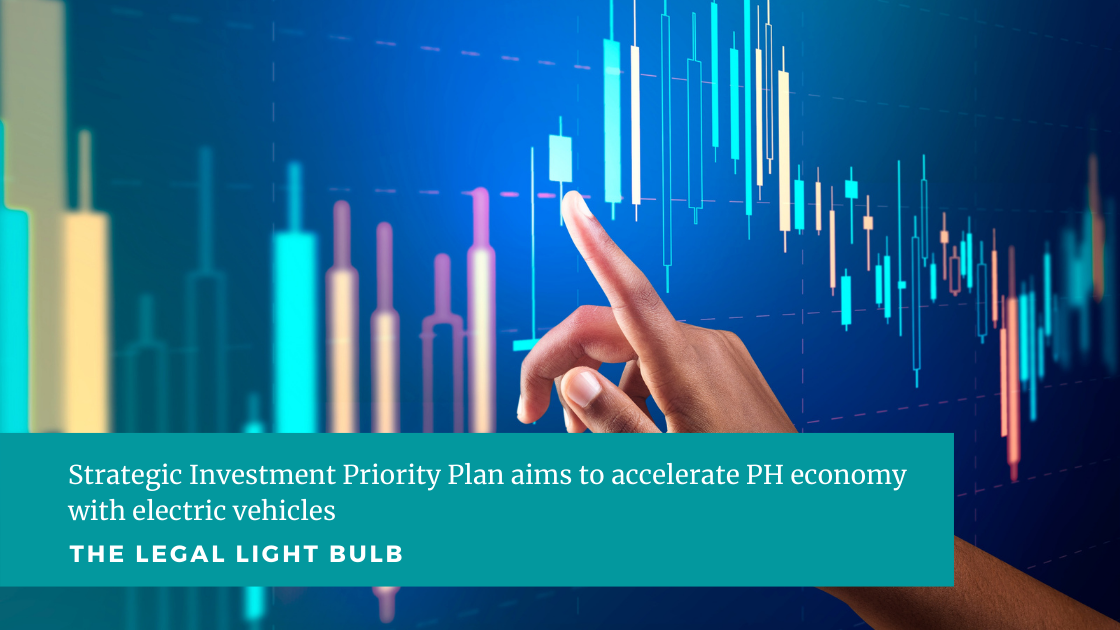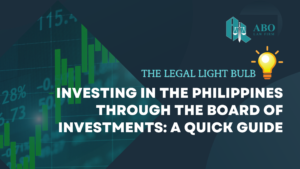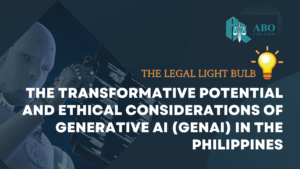President Rodrigo Roa Duterte signed the Strategic Investment Priority Plan (SIPP)1, last Tuesday, May 24, for a “competitive and resilient economy [that fills] in gaps in the Philippines’ industrial value chains.”
The SIPP determines which industries and ventures are eligible for fiscal incentives. Under the CREATE (Corporate Recovery and Tax Incentives for Enterprises) Law which provides for the creation of SIPP, priority projects thereunder are categorized into three tiers:
- Tier 1 includes all activities directed on rebuilding the economy after the 2020 Pandemic—guided by the Revitalizing Businesses, Investments, Livelihoods and Domestic Demand (REBUILD) framework of the DTI;
- Tier 2 incentives are provided to activities supportive of establishing a competitive economy, including and especially those related to green ecosystems;
- Finally, Tier 3 boosts those that support an accelerated transformation of the economy, which specifically promotes innovation critical to structural transformation.
At this time when people are less sick of Covid19 and are sicker of its economic consequences and the discussions surrounding it, the SIPP pivots the country’s attention to adopting green technology with the rest of the world, and counts on the pandemic-induced demand for data centers to boost investments in its mining industry. As Finance Secretary Carlos G. Dominguez III stated, “the issuance of the SIPP will allow investors to qualify for longer tax incentives for more sophisticated activities”.
Which projects and enterprises are qualified for tax and incentive packages?
Some of the priority activities under Tier II list activities geared toward green ecosystems:
- Assembly of Electric Vehicles (EV) and the manufacture of their parts, components, and systems
- Establishment and operation of EV infrastructure
- Manufacture of energy-efficient maritime vessels and equipment, electronic devices and circuits for smart grid and renewable energy, bioplastic and biopolymers, renewable energy, energy-efficient and conservation projects, energy storage technologies, and integrated waste management
- Support in terms of manufacturing the Vaccine Self-Reliance Program
- Support any defense-related activities endorsed by the National Defense, the military, and the National Security Council
- Address the value chain gaps in steel, textiles, and chemicals, among others, and process the green metals, crude oil, and refining
- Support food security-related activities
Thereafter, Tier III focuses on tech and advancement research, such as the following:
- Research and development (R&D) and activities adopting advanced digital production technologies of the fourth industrial revolution, such as but not limited to, robotics; artificial intelligence (AI); additive manufacturing; data analytics; digital transformative technologies (e.g. cloud computing services, hyperscalers, data and digital infrastructure); nanotechnology; biotechnology;
- Commercialization of intellectual property and research and development of products and services;
- Production and/or adoption of new hybrid seeds and other Industry 4.0 technologies.
- Highly technical manufacturing and production of innovative products and services like the manufacture of equipment, parts and services,
- Aerospace, medical devices, internet of things devices and systems, full-scale water fabrication and advanced materials; and
- Establishment of innovation support families like research and development hubs and science and technology parks.
To achieve this, the SIPP enjoins government agencies to issue rules and regulations to assure an integrated, organized, and expedited implementation of the qualified projects. A one-stop action center is also being put forward.
Continuity under new leadership
Trade Undersecretary Perry Rodolfo is optimistic that investors will continue to provide capital for the Philippines when President-Elect Ferdinand “Bong Bong” Romualdez Marcos Jr. takes power, stating that “Each administration builds on the reform efforts of the past administration.”
In an interview, Bong Bong Marcos stated that for his presidency, “The first priority is the economy,” which is why they have “been very careful in choosing [their] economic team.”
Similarly, outgoing NEDA Secretary Karl Kendrick T. Chua believes that attracting more investments “would support the desired economic growth of the country,” citing the urgency to sustain the 8.3 percent growth of the gross domestic product (GDP) for the first quarter this year.
It is best for the Marcos Jr. Administration to focus on continuity and to retain the technocrats from the Duterte government. The right investors will not only drive the economy back up but will steer the country into a normal that is not only new but innovative.
Written by: Emille Llorente
[1] Memorandum Order No. 61





